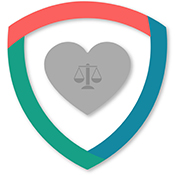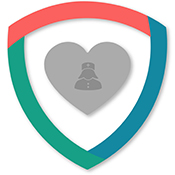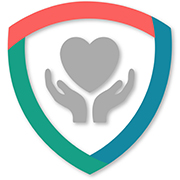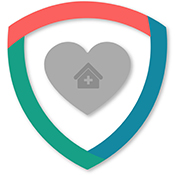 Being a caregiver for chronically ill patient can take its toll on Givers of Care. In fact, we often just avoid thinking about it because even that adds to the stress. Doing your homework on combating stress will benefit you and your loved one. If we don’t take care of ourselves, who will? And if we don’t take care of ourselves, then our loved ones suffer as well.
Being a caregiver for chronically ill patient can take its toll on Givers of Care. In fact, we often just avoid thinking about it because even that adds to the stress. Doing your homework on combating stress will benefit you and your loved one. If we don’t take care of ourselves, who will? And if we don’t take care of ourselves, then our loved ones suffer as well.
This article from the Mayo Clinic addresses this issue and provides some helpful tips for combating stress. In a very clear, organized fashion, the Mayo Clinic staff has gathered information on signs of stress, risk factors, and strategies for dealing with caregiver stress
 One of the most important aspects of physical safety for chronic patients is dealing with the myriad of medications involved in their care. In fact, medication errors may be one of the first warning signs you saw that led you to realizing your loved one needed additional help.
One of the most important aspects of physical safety for chronic patients is dealing with the myriad of medications involved in their care. In fact, medication errors may be one of the first warning signs you saw that led you to realizing your loved one needed additional help. We typically think of family caregivers as women in the Baby Boomer generation, age late 40s to late 50s. But new information from AARP and the National Alliance for Caregiving reveals that a full 10 percent of family caregivers are Millennials. That’s 10 million people!
We typically think of family caregivers as women in the Baby Boomer generation, age late 40s to late 50s. But new information from AARP and the National Alliance for Caregiving reveals that a full 10 percent of family caregivers are Millennials. That’s 10 million people! ith several types of safety: physical, emotional, financial, and spiritual. We often do a stellar job of taking care of their physical needs, but what about their emotional needs?
ith several types of safety: physical, emotional, financial, and spiritual. We often do a stellar job of taking care of their physical needs, but what about their emotional needs? It can be so overwhelming deciding what kind of outside help to hire for your aging loved one. Who should you hire? How do you find them? Are they qualified? Can they be trusted to care for your parent? What questions should you ask? What is the cost? How do I find the best care possible for my parent?
It can be so overwhelming deciding what kind of outside help to hire for your aging loved one. Who should you hire? How do you find them? Are they qualified? Can they be trusted to care for your parent? What questions should you ask? What is the cost? How do I find the best care possible for my parent? It’s late at night, you feel like you need some support, you don’t feel like calling the 24/7 Alzheimer’s hotline, but you need some sort of boost in the arm as you try to figure out the best way to care for your loved one with memory issues.
It’s late at night, you feel like you need some support, you don’t feel like calling the 24/7 Alzheimer’s hotline, but you need some sort of boost in the arm as you try to figure out the best way to care for your loved one with memory issues. 
 One of the most frustrating things to deal with when caring for an aging parent is the many health complications that arise as one ages. Medical safety is of key concern. Many family member also acting as caregivers have not had a great deal of experience dealing with doctors and various medical safety issues. There are many questions that arise, making the whole caring experience a bit overwhelming without the proper information.
One of the most frustrating things to deal with when caring for an aging parent is the many health complications that arise as one ages. Medical safety is of key concern. Many family member also acting as caregivers have not had a great deal of experience dealing with doctors and various medical safety issues. There are many questions that arise, making the whole caring experience a bit overwhelming without the proper information.